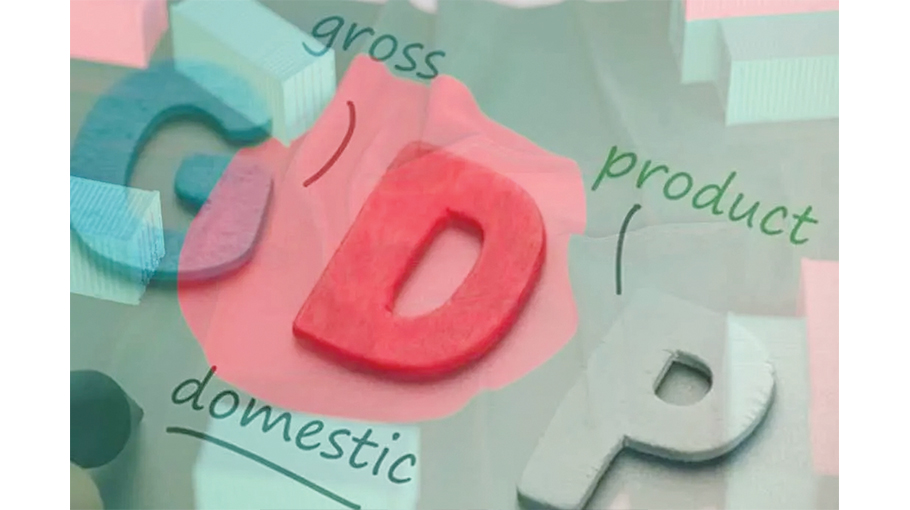Increasing Tax-GDP ratio vital for sound macroeconomic condition
Says NBR chairman

Newly-appointed National Board of Revenue (NBR) Chairman Md Abdur Rahman Khan on Sunday put emphasis on increasing the tax to GDP ratio for having a sound macroeconomic condition in the country in the days to come.
"Our tax to GDP ratio is very low as it is only 7.3 percent (pc) at present whereas it is 12 percent in India, 17.5pc in Nepal, 12.3pc in Bhutan and 7.5pc in Pakistan. We've to focus on this matter and enhance our tax collection," he said. The NBR Chairman said this while holding his first meeting with the NBR high-ups at his office at the NBR Bhaban here in the capital's Sher-e-Bangla Nagar.
Based on the revenue collection, the budget is formulated, he mentioned, adding: "In the budget, the revenue collection target for the NBR was given very high, which was not done professionally."
As a result, Rahman said the government has been formulating deficit budget for a long time and the meaning of deficit budget is increased national borrowings. "We've to supply enough revenues so that the national borrowings must not increase anymore," he continued.
In this connection, the NBR Chairman mentioned that the government is getting 67 percent of its revenue from indirect tax. "We need to improve our focus on enhancing direct tax collection in the revenue collection. For that, we basically need competence and intense hard work," he added.
Abdur Rahman also said the tax net could not be expanded to a great extent, but the net which was increased was just by imposing some compulsions in the laws. "Only 5.2 percent of the total population of the country has come under the taxpayers' registration while in India it is 23.08 percent. We've to improve our awareness in this regard," he added.
The Revenue Board Chairman said that the NBR would form three task-forces very quickly for amending the Customs Law, Income Tax Law and VAT Law. He opted for making a business-friendly tax administration which is also very much needed.
"For attracting Foreign Direct Investment (FDI), we need to make a FDI supportive tax regime. We need FDI as we're going to make this country an industrial one." In this regard, he said policy consistency is very much important.
"You can't divert from your policy as the foreign investors came to a destination for hundred years after analyzing the tax policies. If you change your policies frequently, then their FDI will be ruined and it has happened earlier," he said. The NBR Chairman also asked the officials concerned to improve the taxpayers' service. "There should be an end to comprehensive automation which will be effective and sustainable," he said.
He mentioned that the NBR has its rules and regulations and there is no scope to go beyond that.
"Follow your rules and regulations with zero deviation, otherwise you have to face punishment," he warned the NBR officials.
He said the revolution, which happened in the country recently in exchange of so many lives, must not go in vain and there should be no deviation. "I want to make it clear that I don't have any interest in living like a cockroach, I want to live like dinosaurs."
Talking about the revenue target, the NBR Chairman said that the NBR has to deliver for fulfilling the revenue target through the due diligence and proper planning with intense hard-work.
Asked about the provision for undisclosed money in the budget, Rahman said personally he thinks giving scope for whitening undisclosed money is an indecent deed and totally unacceptable. "Whitening black money ... My personal opinion, not as the NBR chairman, is that this is very much an indecent deed, and totally unacceptable. By this amnesty, we're admitting that there is corruption going on, and we're demoralizing the honest taxpayers," he said.
Talking about scrapping the amnesty from the current budget for FY25, he mentioned that he could not say about it right now.
"As a citizen I can say that it is not a good practice and it should not be done never ever. We've done that many times, but the results were not good at all," he said.
In the Finance Bill 2024, the scope for whitening undisclosed money, which is commonly known as black money, was included through paying 15 percent tax.




